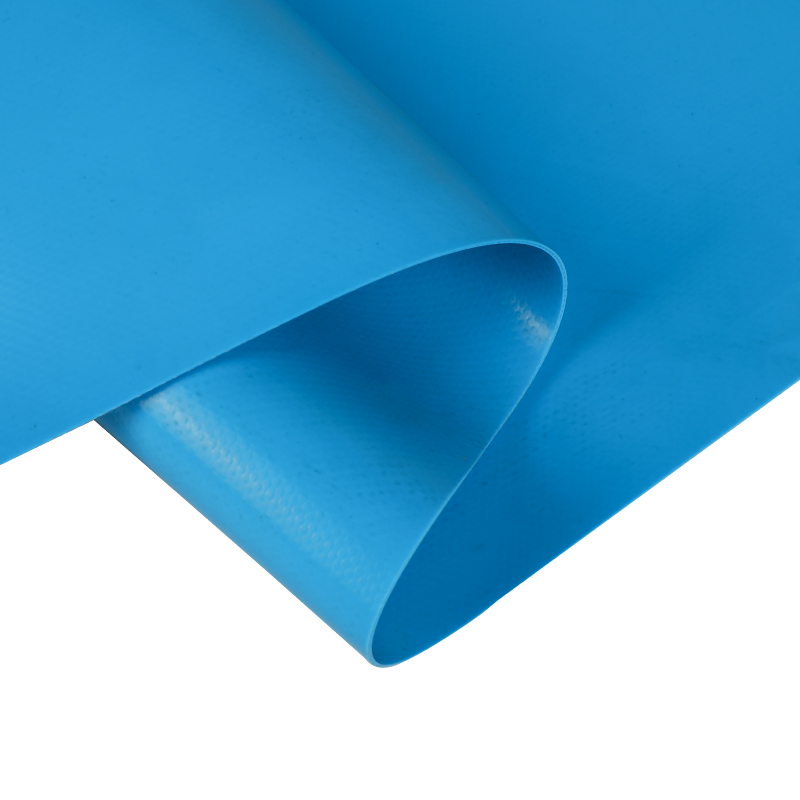Coated tarpaulin, known for its durability and versatility, has a wide range of applications that significantly drive its sales across various industries. One of the most common uses is in the transportation sector, where coated tarpaulin serves as protective covers for trucks and trailers. These tarpaulins shield cargo from adverse weather conditions, ensuring that goods remain dry and secure during transit. The material’s water resistance and UV protection are essential features that prevent damage from rain and sun exposure, making it indispensable for logistics companies.
In addition to transportation, coated tarpaulin is widely utilized in the construction industry. It is often used as protective sheeting for scaffolding, tools, and materials, safeguarding them from the elements and enhancing workplace safety. Furthermore, the tarpaulin can be employed for temporary enclosures or as tarps for construction sites, helping to create weatherproof zones where workers can operate efficiently regardless of outside conditions. Its ability to resist abrasions and punctures adds to its appeal in this demanding environment.

Another significant application of coated tarpaulin is in outdoor recreation and events. From camping gear to festival tents, this material is frequently chosen for its lightweight yet robust nature. Campers often use coated tarpaulin for ground covers or to create makeshift shelters, while event organizers rely on it for durable canopies that provide shelter from rain and sun. The flexibility and strength of coated tarpaulin make it an ideal choice for both short-term and long-term outdoor setups.
Moreover, Coated tarpaulin has made its mark in the agricultural sector. Farmers and agricultural businesses use it for a variety of purposes, including covering hay bales, protecting machinery, and creating temporary animal shelters. Its resilience against weather extremes ensures that agricultural assets remain intact and functional throughout the seasons. Additionally, coated tarpaulin is utilized for grain storage, preventing spoilage due to moisture.
Lastly, the environmental aspect is becoming increasingly relevant as coated tarpaulin can be sourced from recycled materials, appealing to eco-conscious consumers and businesses alike. This sustainability angle enhances its commercial value, particularly in industries looking to reduce their ecological footprint. As more sectors recognize the versatility and practicality of coated tarpaulin, its applications continue to expand, ensuring strong sales across multiple markets. Ultimately, the combination of durability, weather resistance, and adaptability makes coated tarpaulin a go-to material in a variety of fields, securing its place in both everyday and industrial use.











